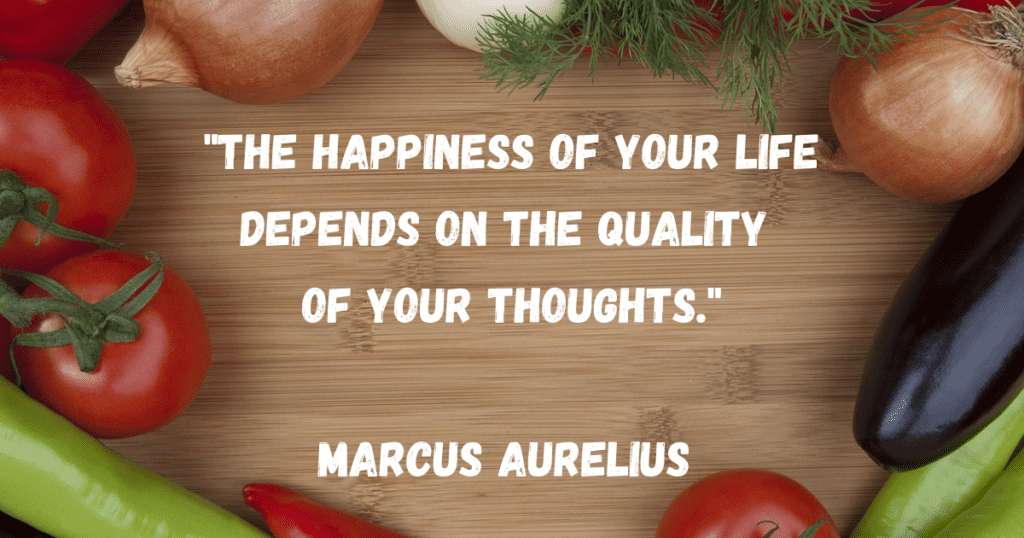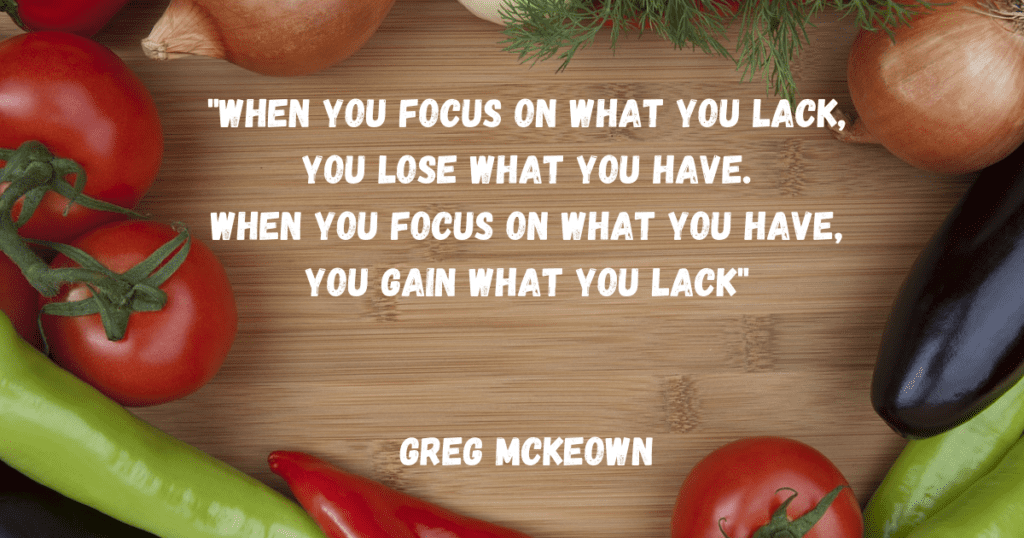Are you your own biggest critic?
For many of us, we spend too much time beating ourselves up, thinking about the ‘to do’ list we never seem to complete, the friends we haven’t seen for ages, or the projects we never get to.
Being hard on ourselves and thinking about all the things we ‘should’ have done isn’t a happy way to live your life.
What does it really achieve, other than creating a life which is focused on your flaws, what you lack, and what you haven’t done?
That’s not the life I want to live, and nor should you!
We all need to be much kinder to ourselves. Often, we’re very good at being kind and compassionate to others, but when it comes to the relationship we have with ourselves, it’s another story.
Think about the last time you didn’t do something you meant to; maybe you forgot to call your Mum, or perhaps you hadn’t finished an important piece of work on time. What kind of language did you use when you thought about it? I bet it was negative and critical.
Often there’s a negative voice in our heads saying something like…
- “I’m lazy”
- “I’m useless”
- “I’m a failure”
- “I’m a terrible Mum/ Dad/ Sister”
- “I don’t deserve to be happy”
- “Why can’t I ever stick to a diet? What’s wrong with me?
And so it goes on. And on. And on.
You would never use language like this to talk to someone else, yet you deem it acceptable to talk to yourself in such a way. It’s not ok, and it’s REALLY important to learn how to stop if you want to have a happier life.
You Can Change
The language that we use is so important, because it shapes how we think about ourselves. To be kinder to ourselves, one of the best places to start is to change the stories that we are telling ourselves every day.
You can rewire your brain by focusing on telling yourself a more positive, happier story.

Three Activities: How To Practice Being Kinder To Yourself
If you want to be kinder to yourself, the best place to start is with changing the voice in your head.
To do this, why not try these three activities? They will take less than 10 minutes, so even if you’ve got a busy day, you can still find the time. Spending even 5 minutes on this is better than 0 minutes.
1. Write Down One Thing That You Have Done Well Today
This could be absolutely anything, and it doesn’t matter how small or how insignificant you try and tell yourself it is. Maybe you left the house on time, finished your work before a deadline, sent a caring text to a friend who is going through a tough time. Perhaps you did some exercise, had a healthy lunch, or made sure the kids weren’t late for school.
If you’ve been really hard on yourself for a long time, you may find this difficult at first. You might find it hard to think of one thing that you think you did well. Stick with it.

The point of doing this is that you need to start noticing the small things that you’re doing well each and every day. And once you start to look for them, you’ll notice more and more of them.
You need to notice these and celebrate them – every good thing you notice yourself doing is a vote for a happier, more positive way of thinking about yourself.
By slowly training ourselves to spot what we did well in our day, we start to change the way we think about ourselves.
2. Write Down 10 Things You’re Grateful For Today
Do you often focus on all the things you “don’t” have in your life, but wish you did?
We’re VERY good at feeling like we are not smart enough, rich enough, successful enough, pretty enough, fit enough, thin enough… the list is endless!
So, to snap yourself out of those negative thoughts about what you lack, try to be present and focus your thoughts for a few minutes on today.
Write down 10 things that you’re grateful for today.

It could be anything – the people in your life, a walk in the sunshine, anything at all that you feel grateful for.
This is a great daily practice, and one that I love to do in the evening. It switches your thoughts from what you lack to what you have. If you’re someone who gets to the end of the day and beats yourself up for the things you haven’t done, this is a great way of thinking about the day differently.
Science shows us that gratitude makes us feel happier, so practicing it regularly can really help to improve your mood, and the way we feel about ourselves.
If you’ve never done this before, you might struggle to think of 10 things at first. That’s ok. Just get started, write 1 thing, or 5 if you can.

(Now, read that quote again and let it sink in!)
3. Write down a list of your strengths, or things you’re good at
If you’re someone who struggles to see your own self-worth, I recommend giving this a go. Often other people will tell us what qualities they think we have, and sometimes we don’t see them ourselves.
Rather than relying on asking others what you’re good at, try to think of these things for yourself. This is important because in order to start to develop our own self-worth, it needs to come from within, not from others.
Make a list on a piece of paper. This could be a skill, activity or hobby you’re good at, or maybe you’re a great listener, a compassionate, loyal friend, a caring colleague.
Sit and ask yourself, what are you good at?

If you’re struggling with this, think of it this way; what do other people come to you for help with? What do you enjoy? Maybe you love cooking healthy meals for your family, and you’re good at it too, but you’ve never thought about the fact you’re “good” at it before, because it’s just something you do every day.
By focusing on our strengths, we can rewire our brain to start to think about what we’re good at, rather than what we’re lacking. This is essential for our self-worth.
Daily Practice
Once you’ve done this today, why not try it again tomorrow?
The more you can practice these exercises, the better. Every time you do, you’ll be telling your brain all the positive, good things about you, and over time, the voice in your head will be less critical and kinder.
